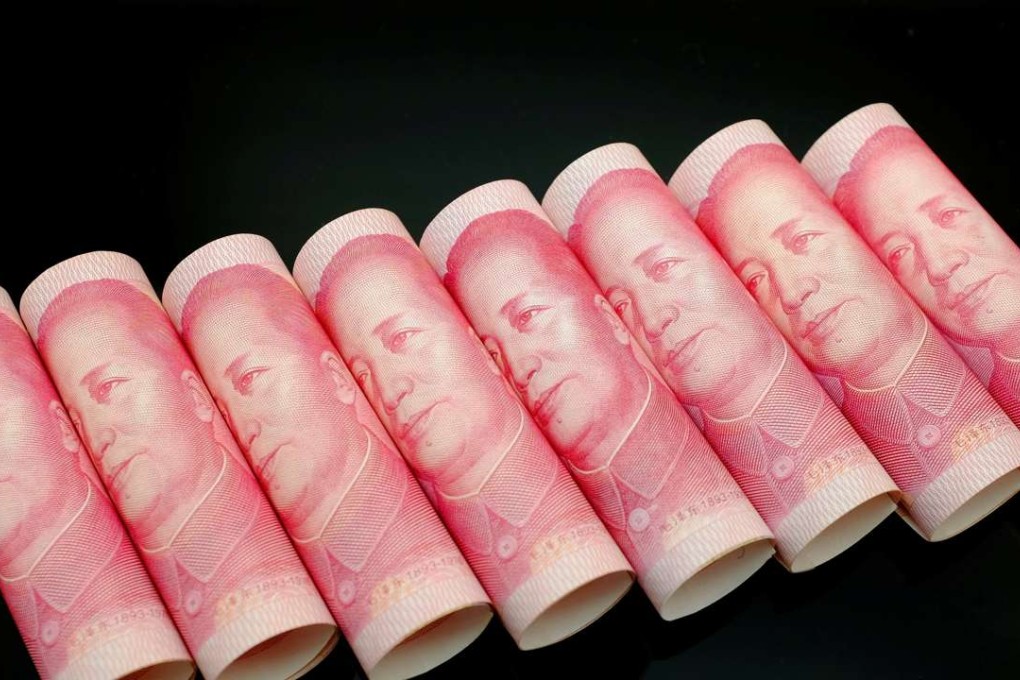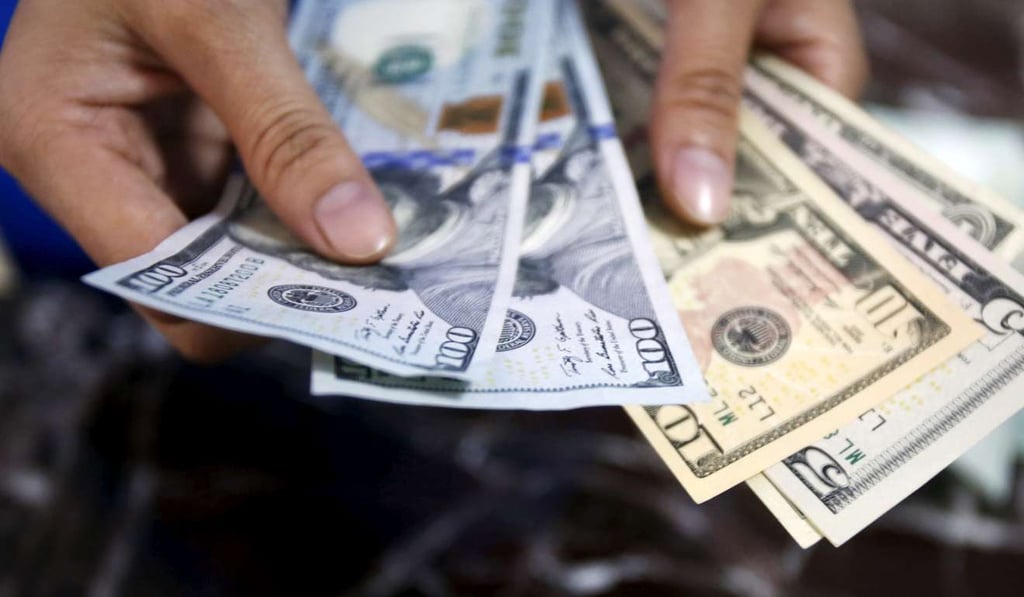Update | China’s holdings of US treasuries sink in 2016 to prop up yuan
China the catalyst if US treasury yields climb to 3 per cent

China’s holdings of US Treasuries declined by the most on record last year, as the world’s second-largest economy dipped into its foreign-exchange reserves to buttress the yuan.
Japan, America’s largest foreign creditor, trimmed its holdings for a second straight year.
A monthly Treasury Department report released in Washington on Wednesday showed China held US$1.06 trillion in US government bonds, notes and bills in December, up US$9.1 billion from November but down US$188 billion from a year earlier. It was the first monthly increase since May.

The People’s Bank of China, owner of the world’s biggest foreign-exchange reserves, has burned through a quarter of its war chest since 2014 in an effort to underpin the yuan and deter capital from fleeing the country. Chinese sales have made borrowing more costly for the US government: 10-year yields rose to 2.6 per cent last year, from as low as 1.3 per cent.
“China is a massive player in our market, and can move the markets whether they are a buyer or seller,” said Tom di Galoma, managing director of government trading and strategy at Seaport Global Holdings. “If 10-year yields are going to trade to 3 per cent this year, China will be the catalyst.”